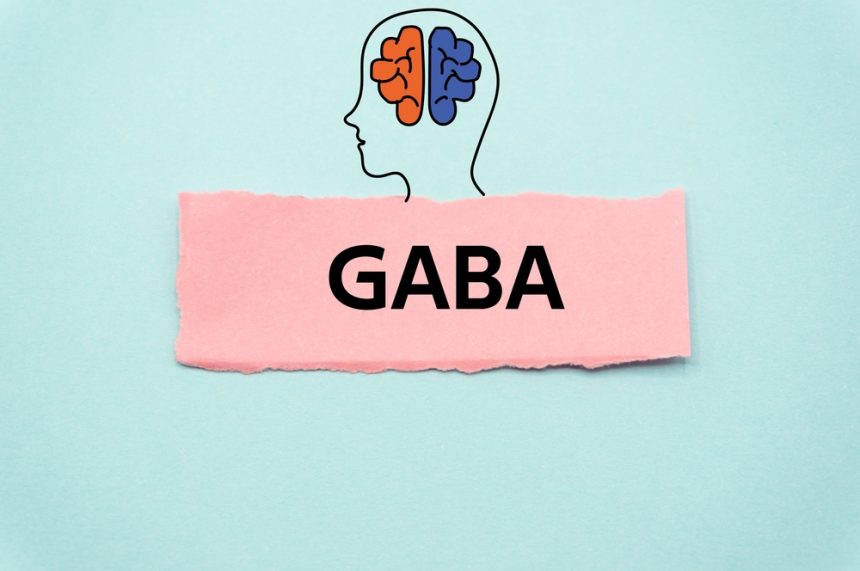The harmful effects of excessive alcohol consumption are well-established
, and it is important to support drinkers to reduce their alcohol consumption (Global Burden of Disease 2020 Alcohol Collaborators, 2022). One way to achieve this is to develop alternatives to alcohol that are “functional” in the sense that they produce the same or similar psychoactive effects as those produced by alcohol, but without the harm. As the authors of this review state:
The challenge is therefore how to mimic the desired effects of alcohol without using alcohol, and of course ensuring that the alternative is significantly less harmful than the alcohol it seeks to replace.
Methods
This is a non-systematic narrative review that considers how knowledge about the effects of alcohol in the brain can be exploited in order to develop alternatives to alcohol that have a similar mechanism of action (and therefore should produce similar psychoactive effects), but without the harmful effects of alcohol itself. The paper starts with an explanation of how alcohol exerts its psychoactive effects, including useful comparisons with drugs that work in similar ways such as benzodiazepines. This provides the background for a narrative review of (a) synthetic compounds and (b) botanical (plant-based) compounds, with a focus on their psychoactive effects and their potential to substitute for alcohol. The paper ends with a brief discussion of regulatory challenges that must be considered before alcohol alternatives could be made available to the public.
Results
How alcohol works
Alcohol increases activity of the neurotransmitter gamma-aminobutyric acid (GABA), which is the main inhibitory neurotransmitter in the brain. The resulting “neuronal calming” leads to alcohol’s psychological effects. These include relaxation, reduced anxiety, disinhibition, impaired motor coordination, and amnesia. The rewarding effects of alcohol are due to GABA influencing other neurotransmitters and hormones like dopamine and endorphins. The pharmacology of GABA is complex, with different receptors in the brain involved in various functions.
Synthetic alcohol alternatives
Medications like zopiclone target specific GABA receptors and mimic some effects of alcohol, but have addictive potential. Compounds like AZD7325, which target other GABA receptors, are being developed to produce alcohol-like effects without the addictive properties. Companies like GABA Labs are working on modifying these compounds to ensure safety and effectiveness.
Plant-based alcohol alternatives
Some plant extracts have been identified with weak GABA-ergic effects. Combinations of plant extracts are being tested to increase their effects on GABA receptors. One such blend, Sentia Red, is available for purchase and has shown potential for consumer acceptance.
Regulatory challenges
Plant-based alternatives may already be available due to meeting food safety standards. Synthetic alternatives may need approval as functional food supplements. The authors suggest these alternatives should be available in bars and restaurants to reduce alcohol-related harm.
Conclusions
The vision of functional alcohol alternatives is near realization, with botanical drinks already on the market. Synthetic alternatives are undergoing food safety testing. These alternatives could provide choice for consumers and potentially reduce alcohol consumption.






